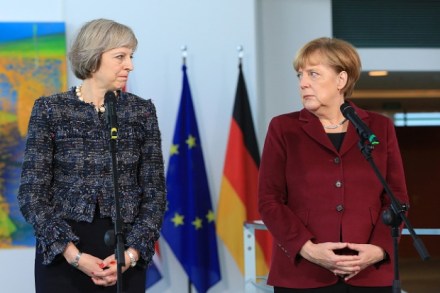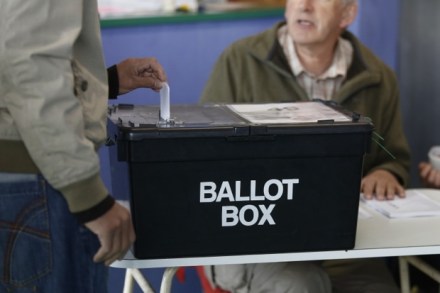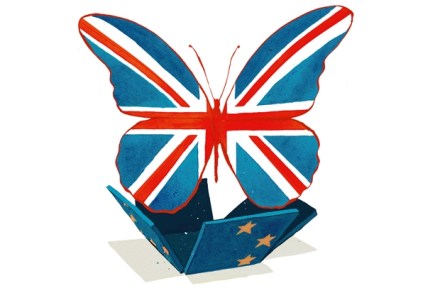Germany won’t break the rules for Britain’s sake
Back in the summer of 2015, a year before the Brexit vote, I was summoned to the German Embassy in London for a special briefing by a senior member of Germany’s Social Democrats. The man from the SPD didn’t mince his words: David Cameron might secure a few small concessions in his forthcoming renegotiation with the EU, but it was inconceivable that he could obtain any significant changes in Britain’s relationship with Europe. For Germany, free movement of people within the European Union was sacrosanct – and even if Deutschland had been willing to change the rules for Britain’s sake, any major alteration would need to be ratified by all




















